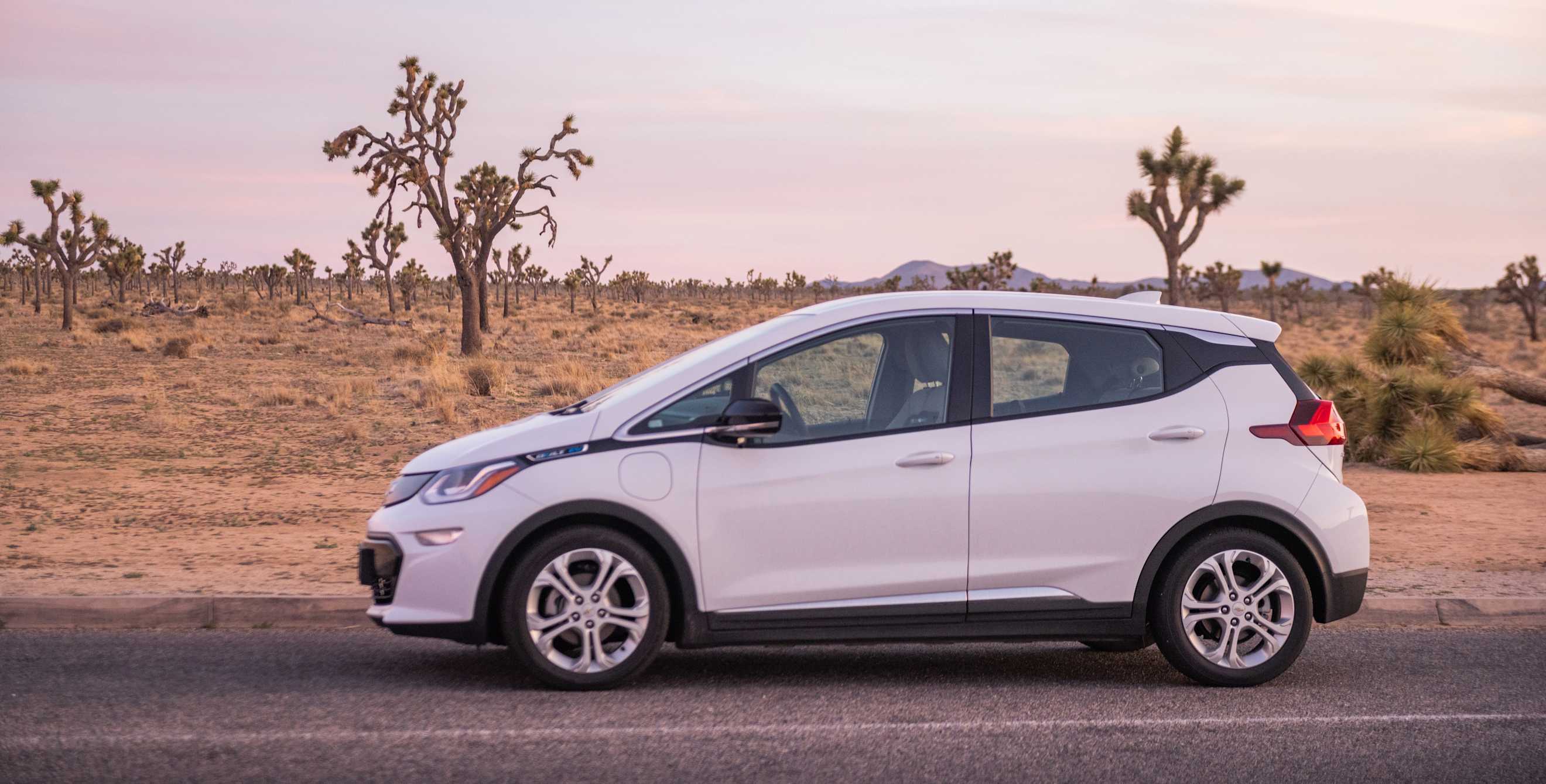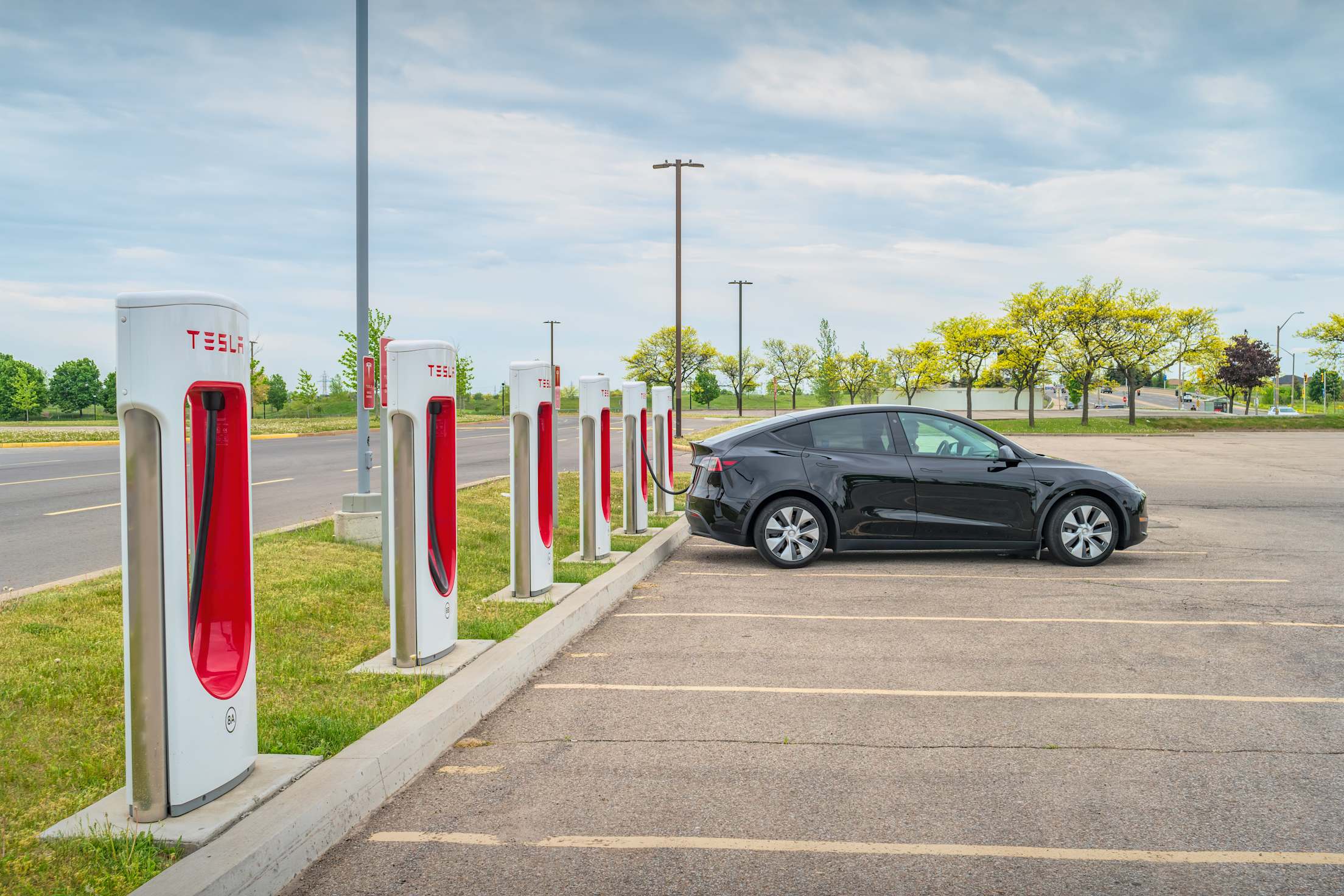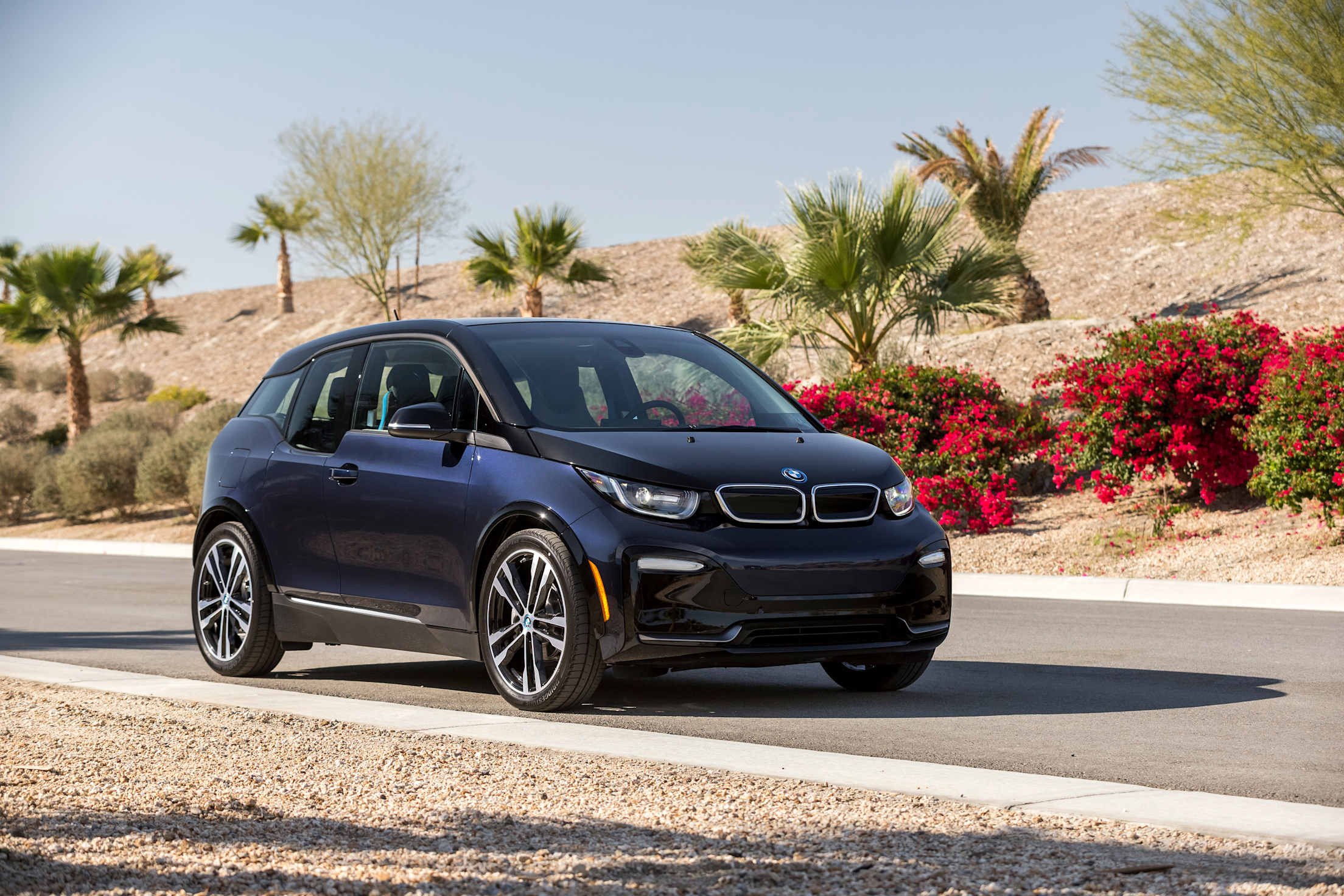
Best EVs to Buy Used in 2025
Get a great vehicle at a lower cost.

If you’re considering buying an electric vehicle, buying used can be an attractive way to save a lot of money. The availability of used electric cars has been slowly ramping up at dealerships nationwide, and they’re not just Teslas and Nissan Leafs anymore. By late this year, a used electric vehicle will be sold every minute in the United States, a sales increase of 100% over 2022, according to data from Recurrent, a start up studying electric vehicles and their batteries.
The new used EV tax credit certainly helps the matter, but it has considerable restrictions that are critical to review before banking on it. Amongst other things, cars must be purchased from a dealership, not from a private party, and they must be two calendar years old or older. The cost of the vehicle cannot exceed $25,000, including dealer-imposed costs and fees. The used EV tax credit allows for up to $4,000 but is limited to 30% of the sale price, so you might not be eligible for the full amount. There are income limits to consider as well, and you cannot be claimed as a dependent on someone else's taxes (like your parents, for instance).
Many of the used electric cars you’ll see on dealership lots have only been in production for a few years, preventing the test of time that helps assure buyers about the vehicle's expected reliability. The good news is that electric cars typically come with a more comprehensive and extended warranty on the most expensive elements, including the battery, for a federally mandated minimum of eight years or 100,000 miles (whichever comes first).
While concerns for long-term battery health have some merit, the data shows that batteries have only been replaced in 2.5% of all electric cars on the road (when excluding recalls), which may help reassure you. Other reliability factors that ICE vehicles may have to consider aren’t as prevalent with electric cars, which require far fewer repairs and maintenance in the long term.
It might seem silly to consider aging technology when deciding whether to buy a used electric car, particularly given that most of these vehicles are relatively new to begin with. While an ICE vehicle of the same age can be relatively close to the current model, electric vehicles have seen considerable advancements in technology year over year, particularly affecting range and safety features. While not a deal-breaker, it’s something to keep in mind when you’re shopping.
Recurrent's website has an excellent tool for quickly evaluating a potential used electric vehicle. It covers elements such as range during winter and summer (based on your location), remaining warranty, estimated current range and predicted range three years from now, charging time, cost of electricity compared to similar ICE vehicle’s fuel requirements, and more. You can even view on a map how far the car could drive on a single charge from your zip code round trip and one way, which can put your mind at ease.
Here are four used electric cars to add to your list of cars to consider when shopping for your next car.

Tesla Model Y
For buyers looking for the best range and fast charging options for road trips and long distance commuting, the Tesla Model Y checks all the boxes. It’s a relatively new EV, first available for the 2020 model year, but it is billed as a crossover version of the best selling Model 3 and shares 75% of the same components.
The Model Y is a comfortable car with a spacious interior and advanced technology, making it a pleasure to drive. Depending on the year and trim level, the Model Y averages 214 to 342 miles per charge. Given it is a relatively new model with impressive range and features, it can be challenging to find any that meet the threshold for the tax credit. At the time of writing, only 65 Model Ys were listed for sale nationwide under the $25,000 threshold to qualify for the used EV tax credit, according to a search on edmunds.com.
Given its higher price point, buyers may have certain expectations for quality, and some have complained about the quality of the build and rough suspension, as well as the listed range not matching up with actual range on the road.
Chevy Bolt
The Chevy Bolt has been on the road since 2017 and offers an impressive range of 133 and 325 miles per charge when purchased used, and it often exceeds EPA estimates in ideal conditions. It’s a zippy little car that’s great for daily drives and commuting to work, but it is slow to charge, even with DC fast charging.
There are over 100,000 Bolts on the road today, and thanks to an electric battery recall, many have had their original batteries replaced. The 8 year, 100,000 miles warranty on the EV system restarts at battery replacement under the recall, making it a particularly interesting EV to purchase used.
While it shines in comfort, range, and price, it’s not a particularly feature-filled vehicle with owners citing infotainment and connectivity issues as well as slow charging and seat comfort as primarily downsides. Chevy Bolts on the market average below the $25,000 cut off for the EV tax credit, with 2017 models priced as low as roughly $11,000.
Nissan Leaf (Plus)
The Nissan Leaf was the first electric car available commercially in all states. It also held the designation of the best-selling electric vehicle until it was unseated by the Tesla Model 3 in 2020. It’s a small, quirky hatchback that’s great for parking in big cities. However, it utilizes a CHAdeMO plug for DC fast charging, which is quickly becoming obsolete, so it may be more difficult to find public charging if you must charge away from home. (You may be able to find an adapter to allow you to charge at more public stations, but they can be expensive and are currently only available from third parties.)
The Nissan Leaf, particularly used, is best for buyers with a second car or who don't stray far from home often.
For older 2013-2018 models, the Nissan Leaf has between 64 and 176 miles of range when purchased, but after 2018, all LEAFs get at least 100 miles per charge. For buyers interested in the budget-friendly Leaf but concerned about range, the used LEAF Plus is an attractive option, getting up to 280 miles on a charge.

BMW i3
The BMW i3 was first available in 2011, before being discontinued in 2021. It has a unique look to it, which can be described as a hatchback or even a subcompact SUV, but it doesn’t neatly fit into either category. Some call it futuristic, both for its interesting appearance and hemp- and carbon fiber-infused plastic designed to make the car lighter, increasing its range.
That range, however, is relatively limited, starting as low as just 33 miles and going up to 223 miles per charge (depending on the model year) at very best. Where the i3 differs from other electric cars is the optional gas range extender, which should only be used occasionally when needed.
The i3 is an “affordable” option amongst BMW luxury line up, but hard-to-find tires and expensive service costs given the luxury nature of the brand should be considered. Used prices range from $12,000 to $35,000, so it may be harder to find an i3 that qualifies for the used EV tax credit.
Other Options
Other electric cars worth considering include the Kia Niro EV and Ford Mustang Mach-E (although relatively new and priced too high to qualify for the tax credit). If you’ve researched and decided that a fully electric car isn’t something you can commit to right now, or you’re struggling to find a vehicle that works for your family or qualifies for the tax credit, it might be worth considering a plug-in hybrid instead. These vehicles allow you to fill up a tank and drive the car without charging it when needed. They may also qualify for tax credits (under the same conditions as electric cars).
Make smart choices, whether you’re buying, selling, insuring, maintaining, or repairing a vehicle.